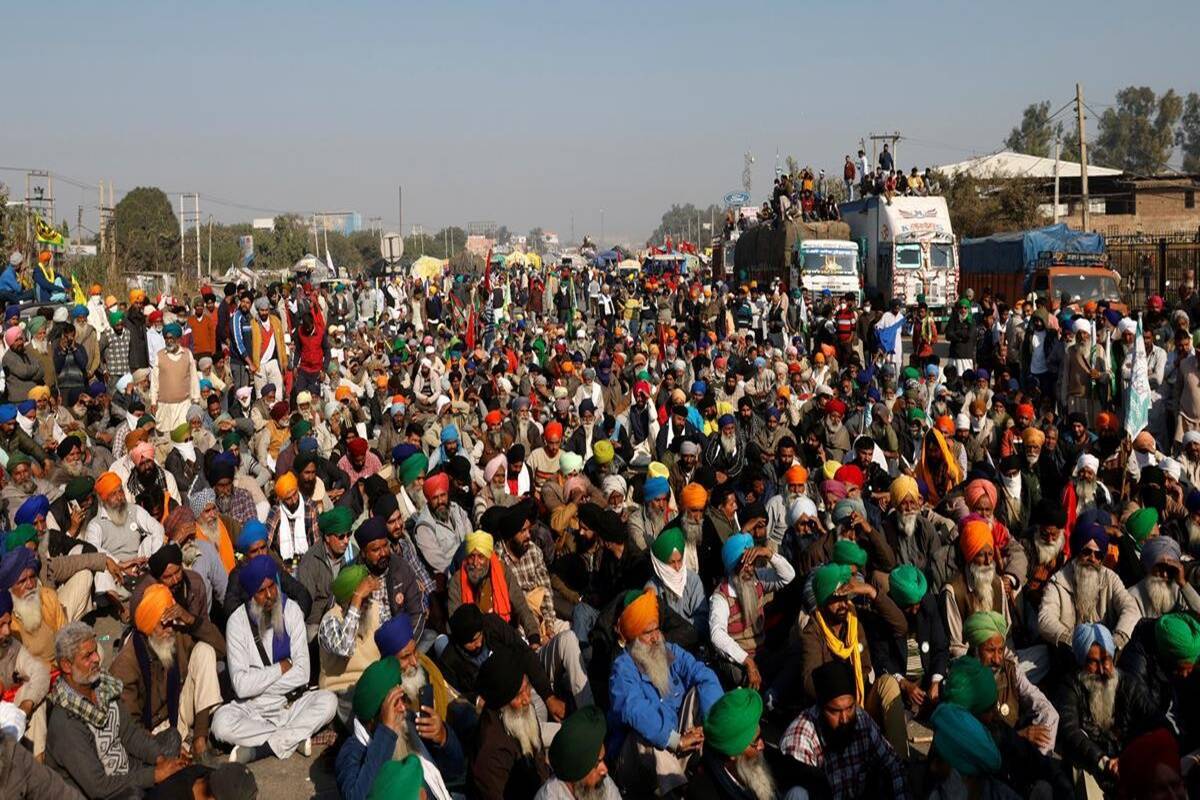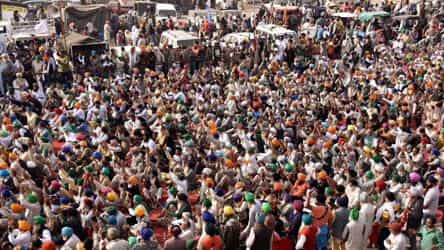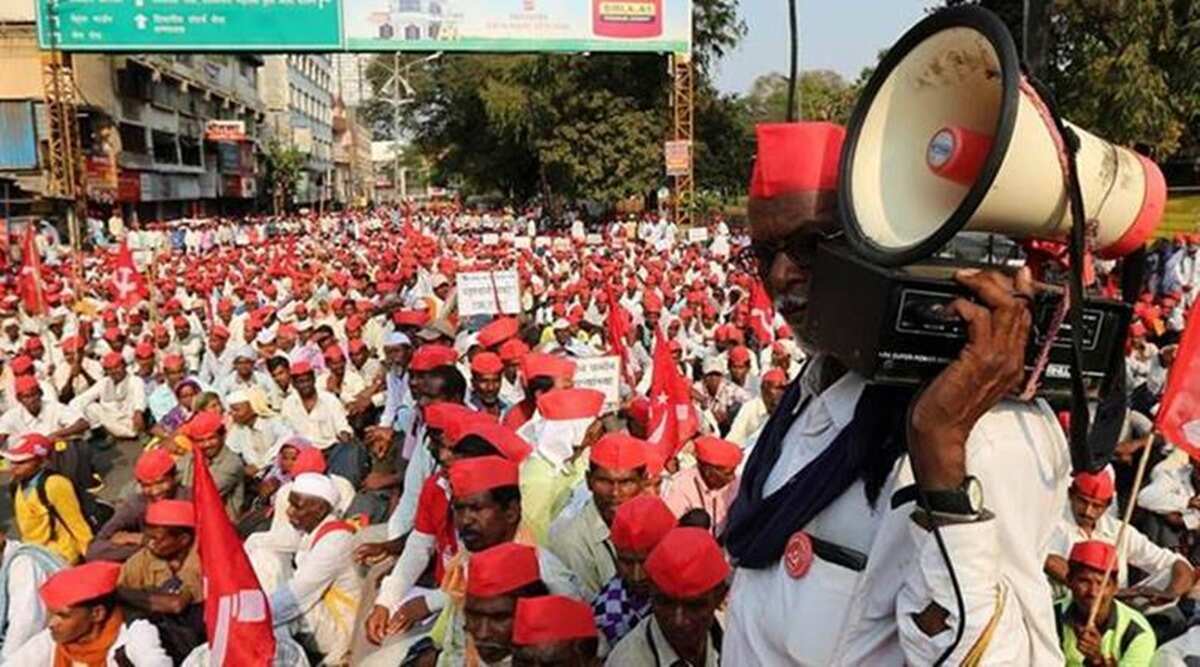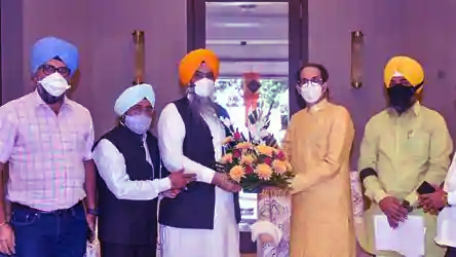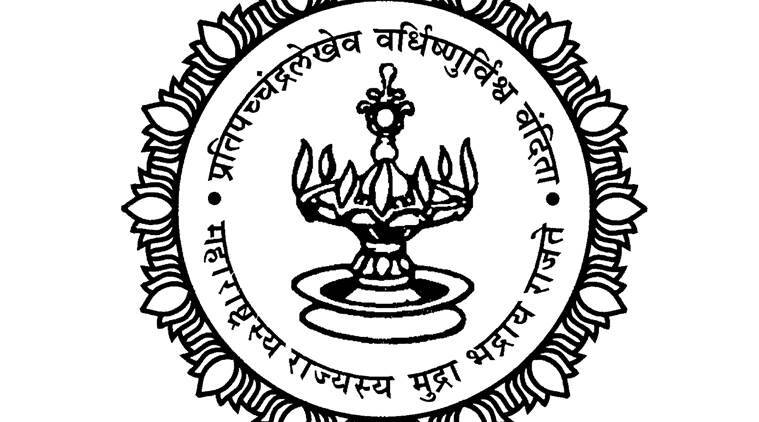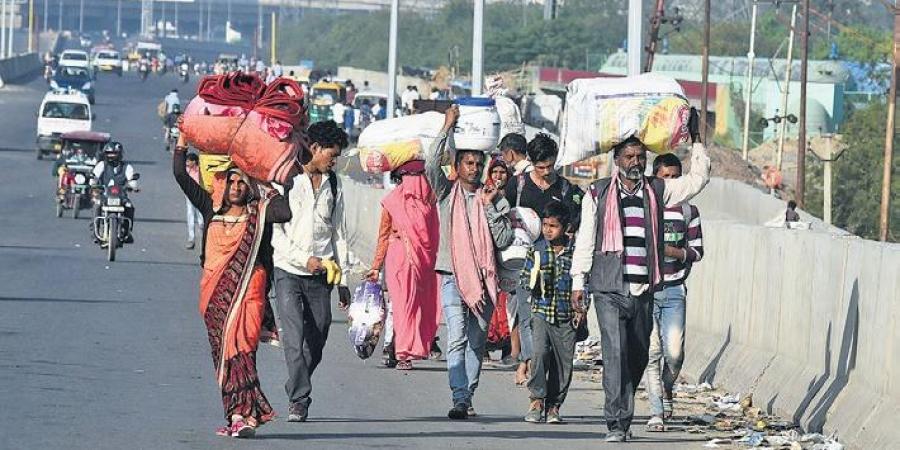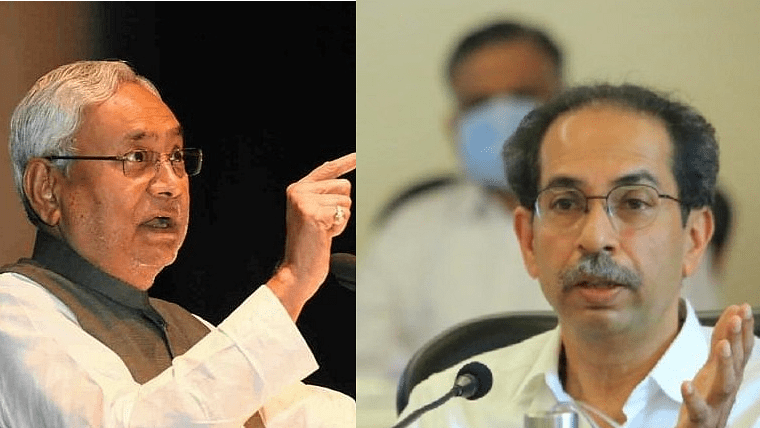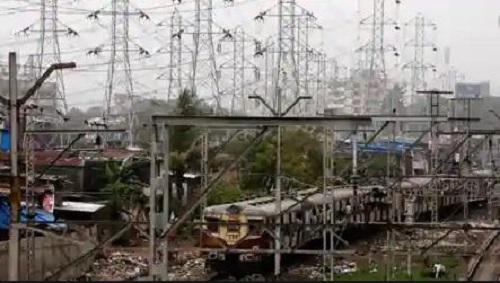The protests of farmers are growing stronger day by day with an increasing number of farmers pouring in from various states, like from Maharashtra, Tamil Nadu, Uttarakhand, and Bihar.
Hotel picketed in Punjab
In Punjab’s Phagwara, a group of scared and cornered BJP leaders slipped out (ratted out) through the backdoor under police protection on Friday after farmers protesting the central government’s new agricultural laws picketed a hotel that they were holding an event in. Demonstrators from the Bharti Kisan Union (Doaba) protested at the hotel where the BJP leaders were observing the birth anniversary of former prime minister Atal Bihari Vajpayee.
The protesters claimed that the hotel was owned by a BJP activist who also ran a company that supplied cattle and chicken feed. They said that they will boycott the company’s products. Led by the union’s vice president Kirpal Singh Mussapur, several demonstrators held a protest outside the hotel and surrounded the BJP leaders and workers who had managed to get inside before the farmers began their agitation.
The police also added that the protesters also did not allow several BJP activists, including Bharati Sharma, district president of BJP’s Mahila Wing, to go inside the hotel.
Those who had gone inside had to slip out one by one from the hotel’s backdoor under police protection to save themselves from the wrath of the protesters. They included BJP district and block presidents Rakesh Duggal and Paramjit Singh Pamma Chachoki and former mayor Arun Khosla.
Mr Mussapur alleged that the BJP leaders were conspiring against the farmers and working on propaganda. The protesters also raised slogans against the current central government and union minister Som Parkash who belongs to Phagwara.
Farmers drive tractors over barricade
Farmers protesting the central government’s Farm-laws clashed with the police in Uttarakhand’s Udham Singh Nagar district on Friday, with dramatic footage showing the demonstrators running a tractor over a barricade as dozens of policemen try to hold them back.
A video posted on Twitter showed a large crowd of protesters facing off with the police. A few protesters driving a green tractor charge at a barricade, running it down and forcing the policemen to finally get out of the way.
Farmer-unions indicate resumption of dialogue & to again meet on government’s fresh talks offer-SAD calls out the callous and insensitive attitude of GOI
Protesting union leaders alleged after PM’s speech that it was an attempt to ‘divide and mislead’ farmers. On Friday, the protesting farmer unions met to discuss the government’s latest letter inviting them for talks, with some of them indicating that they may resume their dialogue with the Centre to find a solution to the deadlock over the contentious agri-laws. The unions said that they will hold another meeting on Saturday where a formal decision on the Centre’s invitation is likely to be taken. An official in the Union ministry of agriculture and farmers’ welfare said that the government was expecting the next round of talks to take place in the next two-three days.
Shiromani Akali Dal (SAD) chief Sukhbir Singh Badal on Friday said that the Centre should stop defaming farmers and hold talks with them on ways to repeal its contentious agriculture laws. The SAD president, in a statement, said that the central government is exhibiting a “callous and insensitive attitude” towards the suffering of farmers who are braving the severe cold wave conditions at Delhi borders. “It almost seems that the government wants to punish the farmers for raising their voice against the three agricultural marketing laws which were forced through in the last parliamentary session. This is the reason why the centre has adopted a policy which is aimed at tiring out the farmers,” the SAD leader said.
Kabil singh’s protests against slavery of farmers
Kabil Singh’s tall body was bound by heavy metal chains and his fists clenched all through from morning to evening for the last 18 days. He is a farmer from Fazilka in Punjab and he has been standing facing the main stage at the Singhu Border agitation site while portraying himself as the symbol of the “slavery” that the farmers have been fighting.
The metallic chain, a medium-sized lock and a few iron nuts and bolts attached to them weigh around 5.5 kilos, said the 42-year-old Kabil Singh. He said that he has been standing at the same place and in the same position from 7am to 7pm everyday for the last 18 days even as farmers and other visitors to the site flock to take selfies with him. “I will take this position until the black farm laws are repealed or until I drop dead,” said Singh, his fists still clenched.
He said that he decided to be the symbol of a silent bound farmer amidst the loud speeches being delivered in front of him from the stage located about 100 metres from him.


